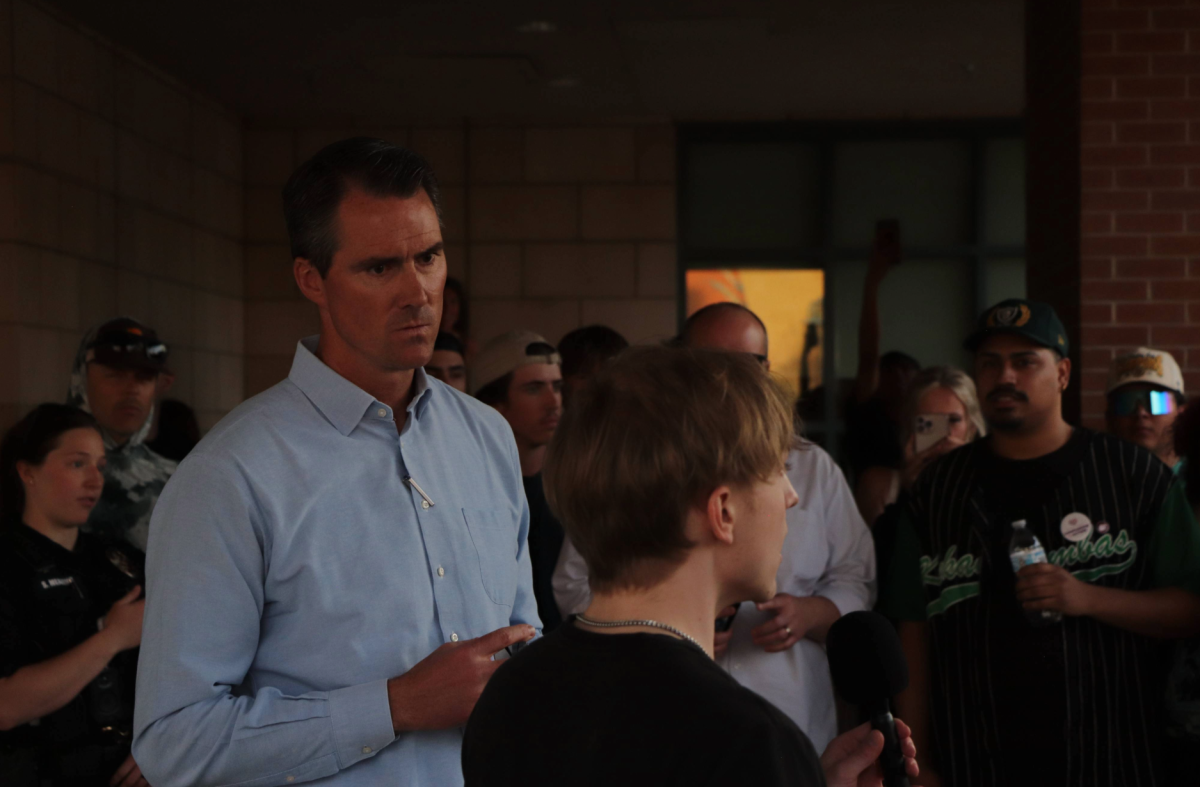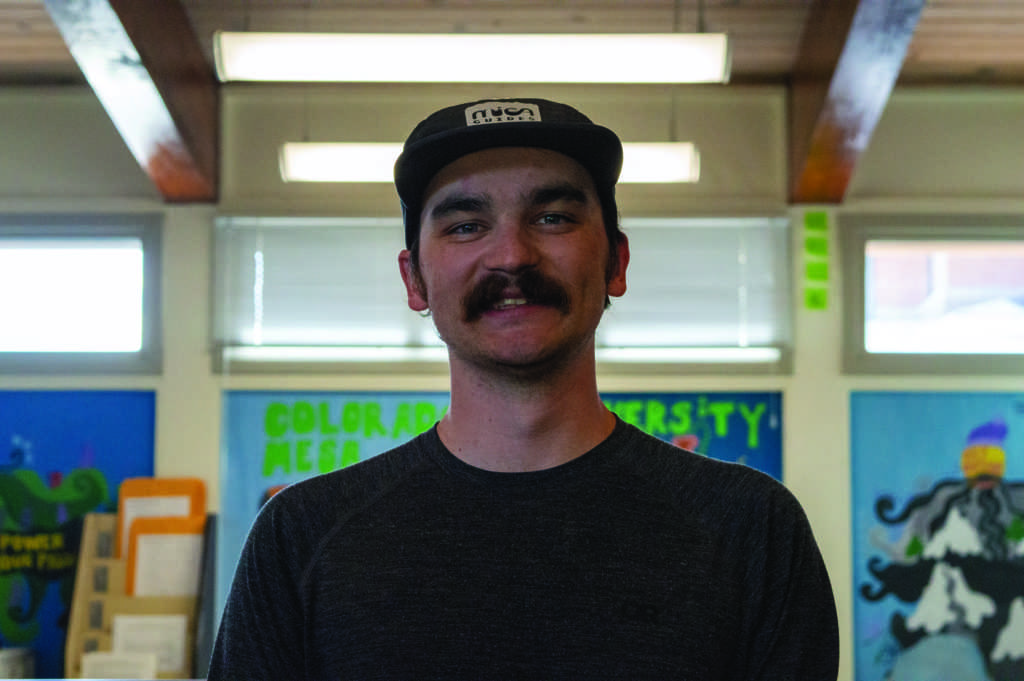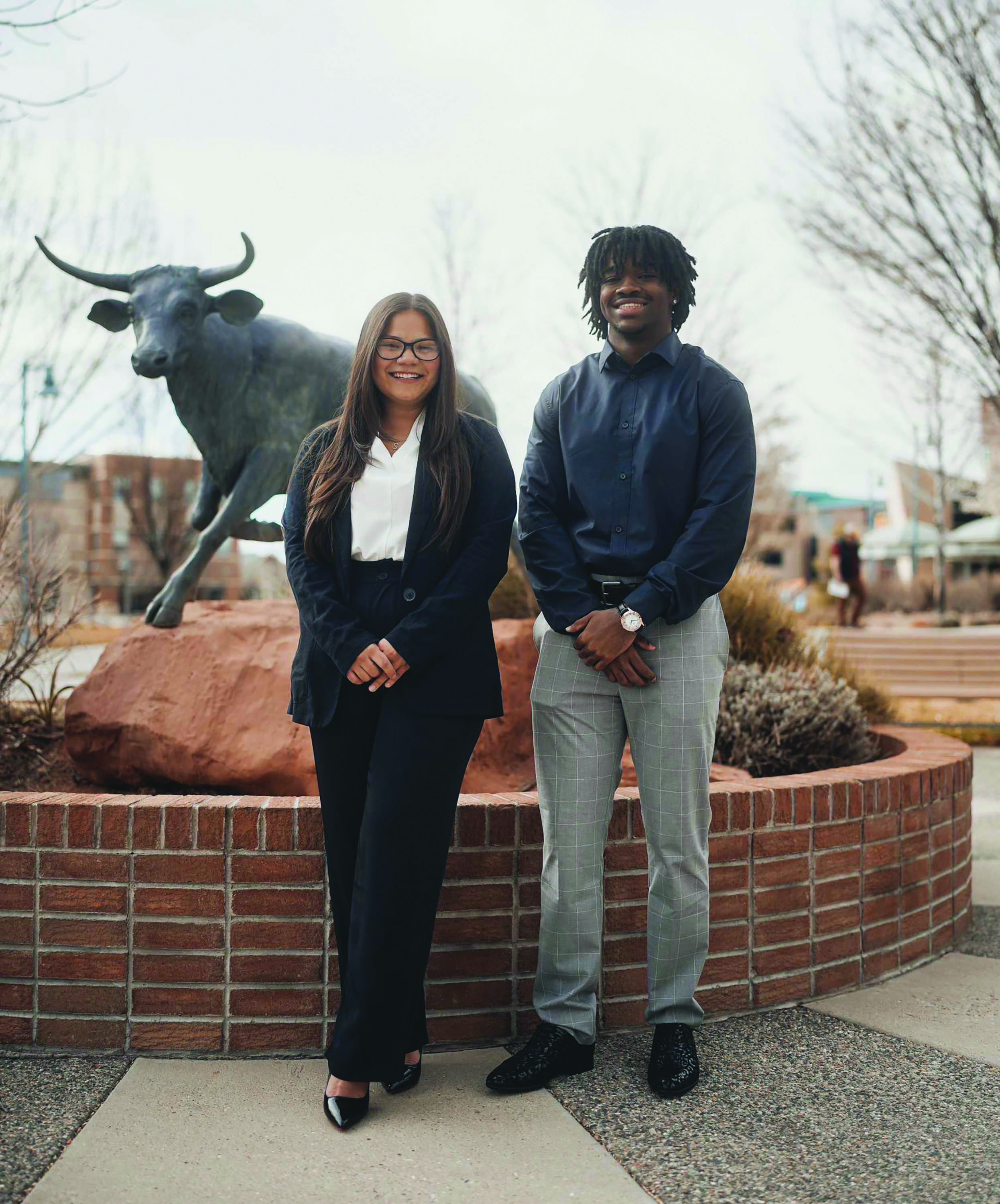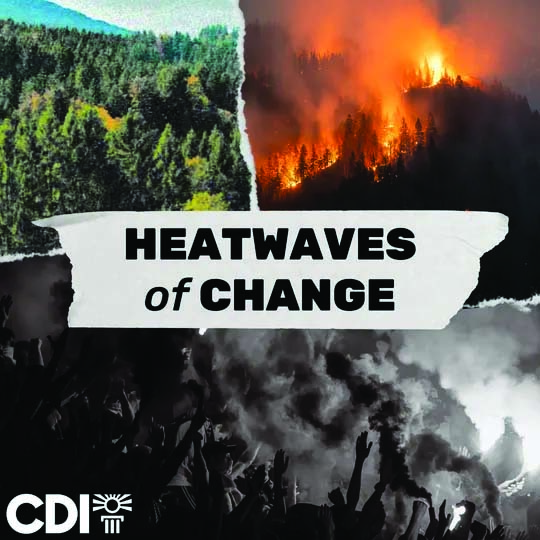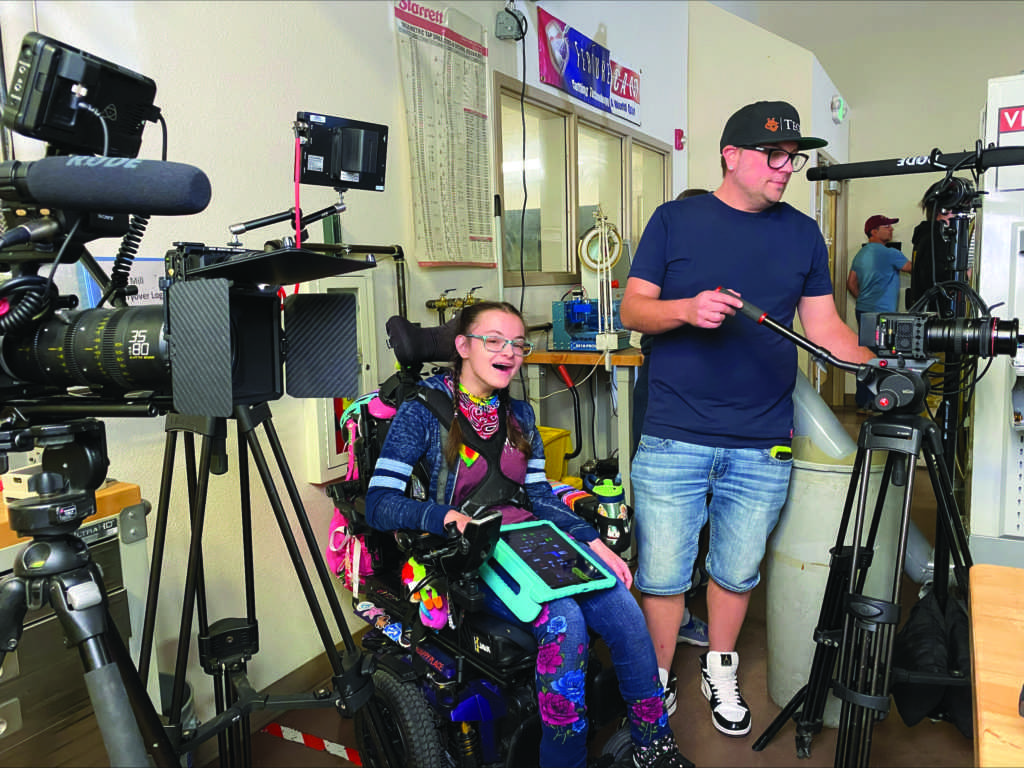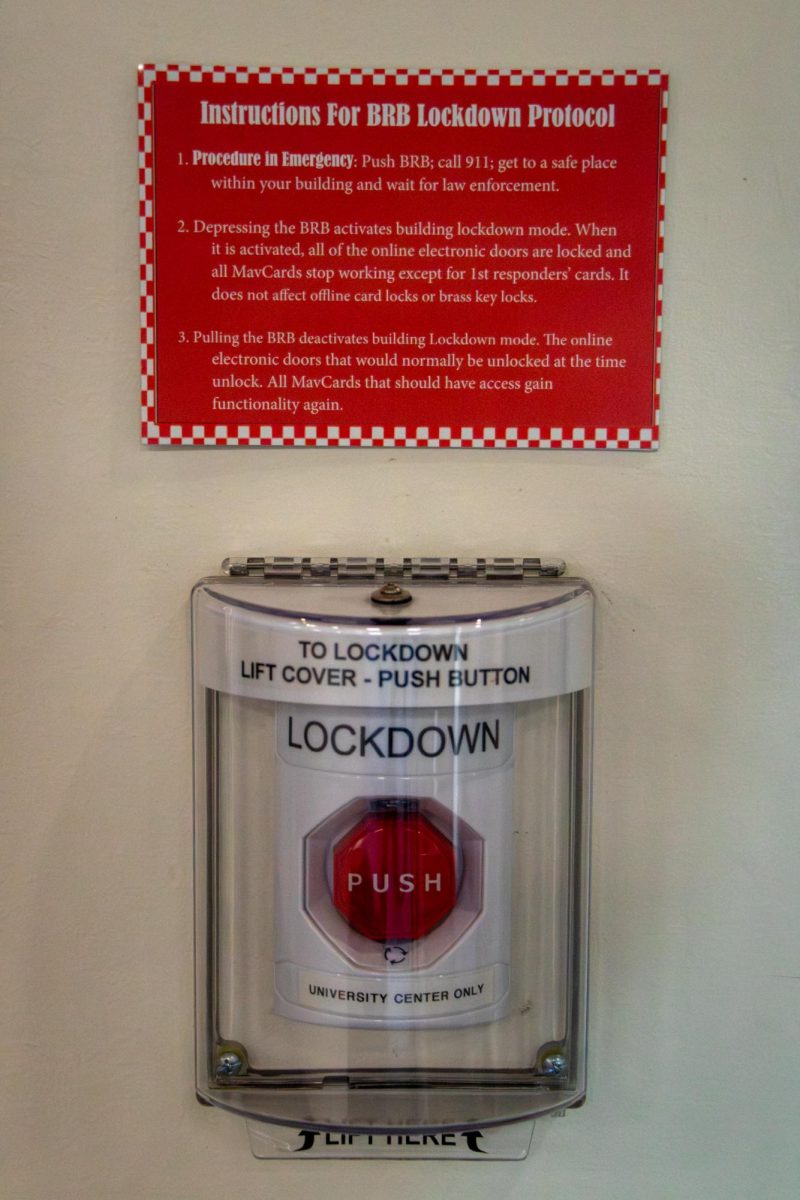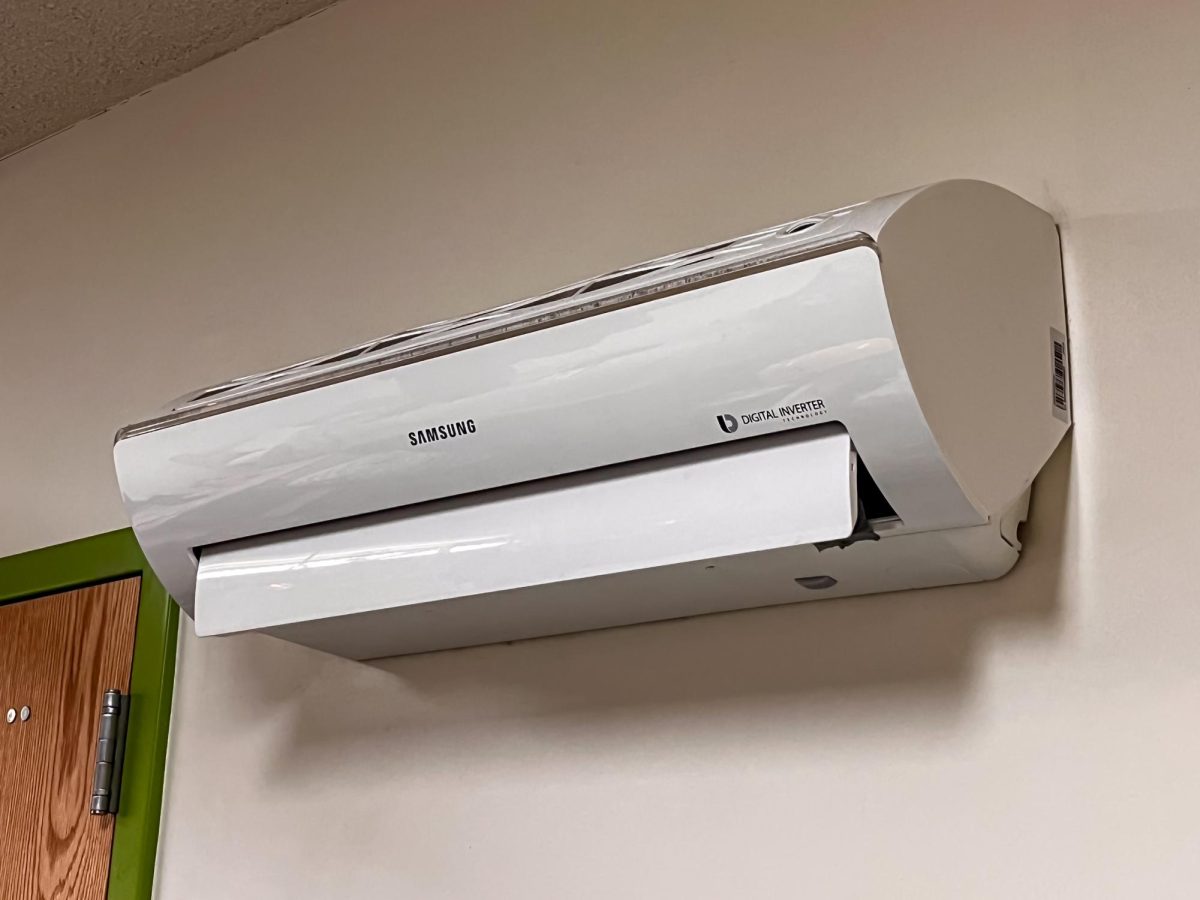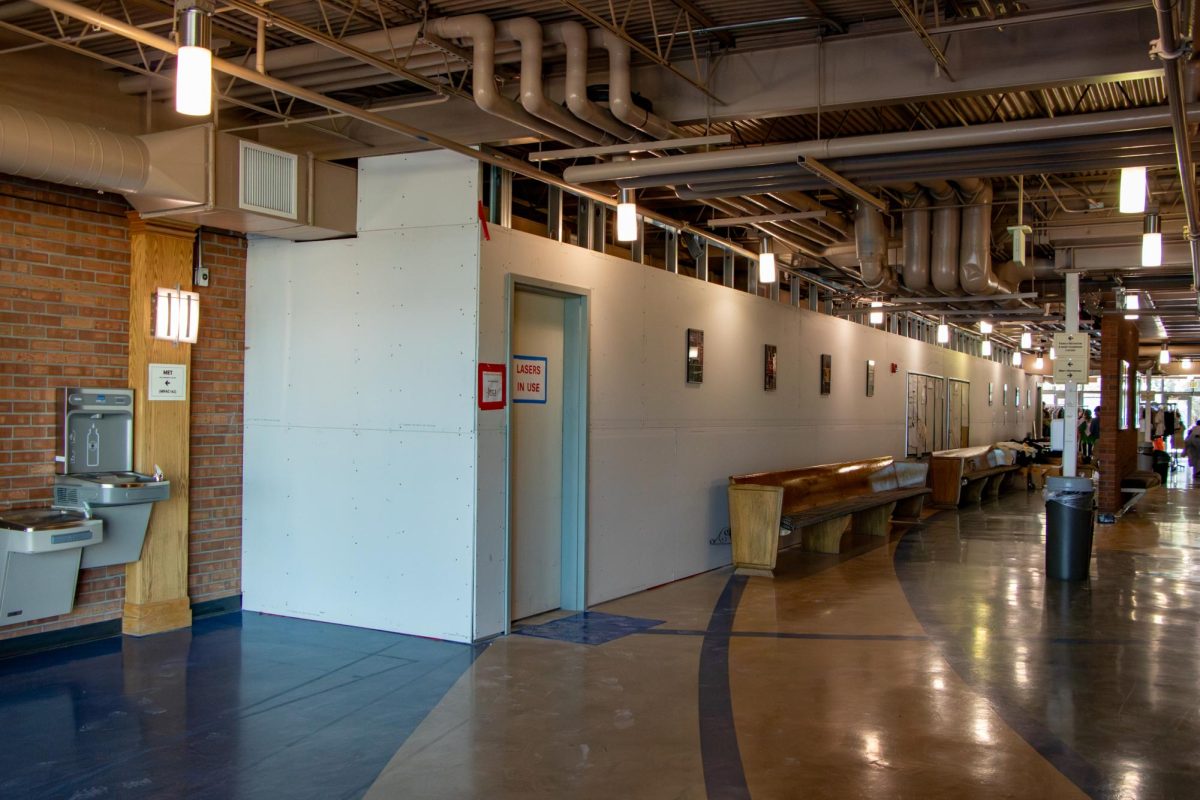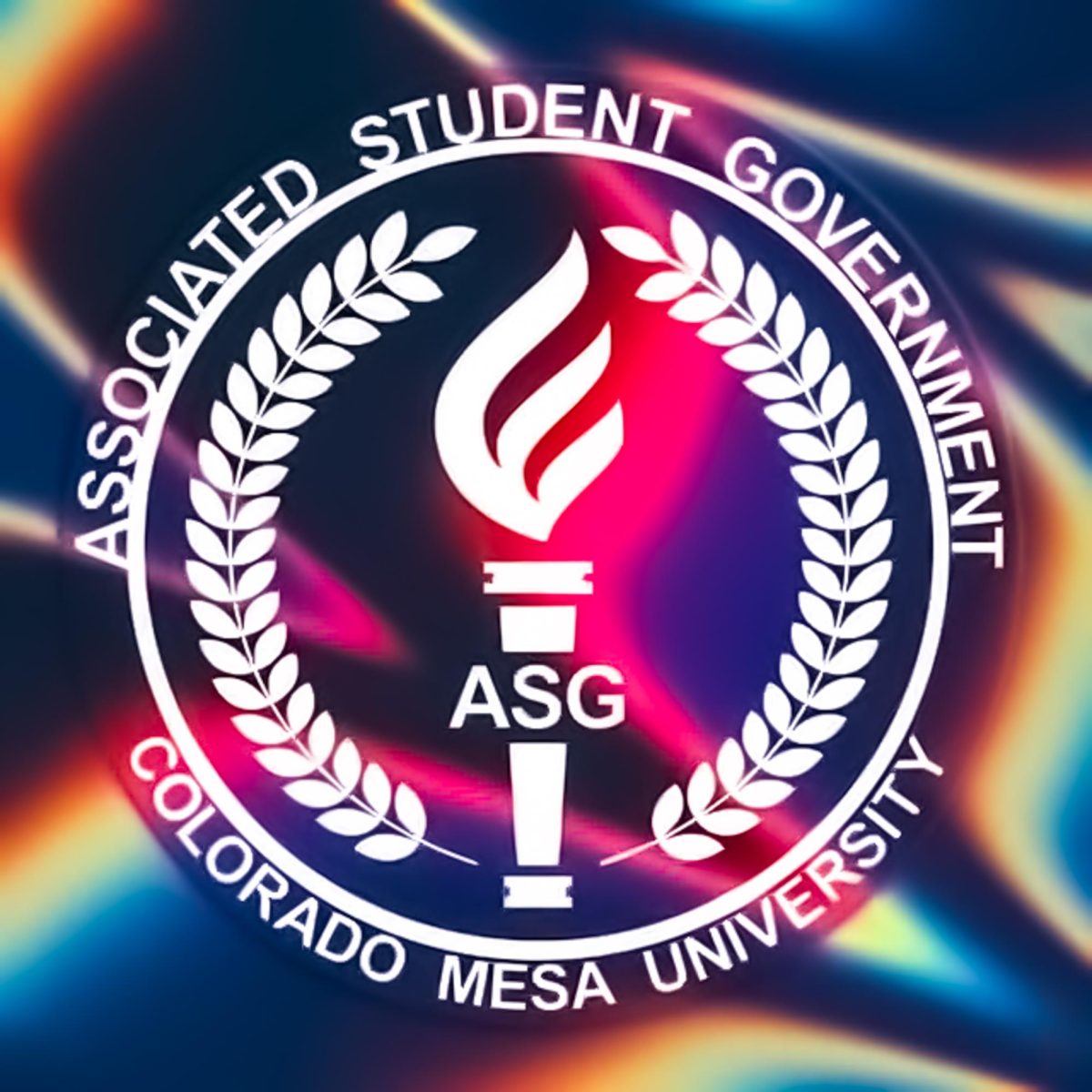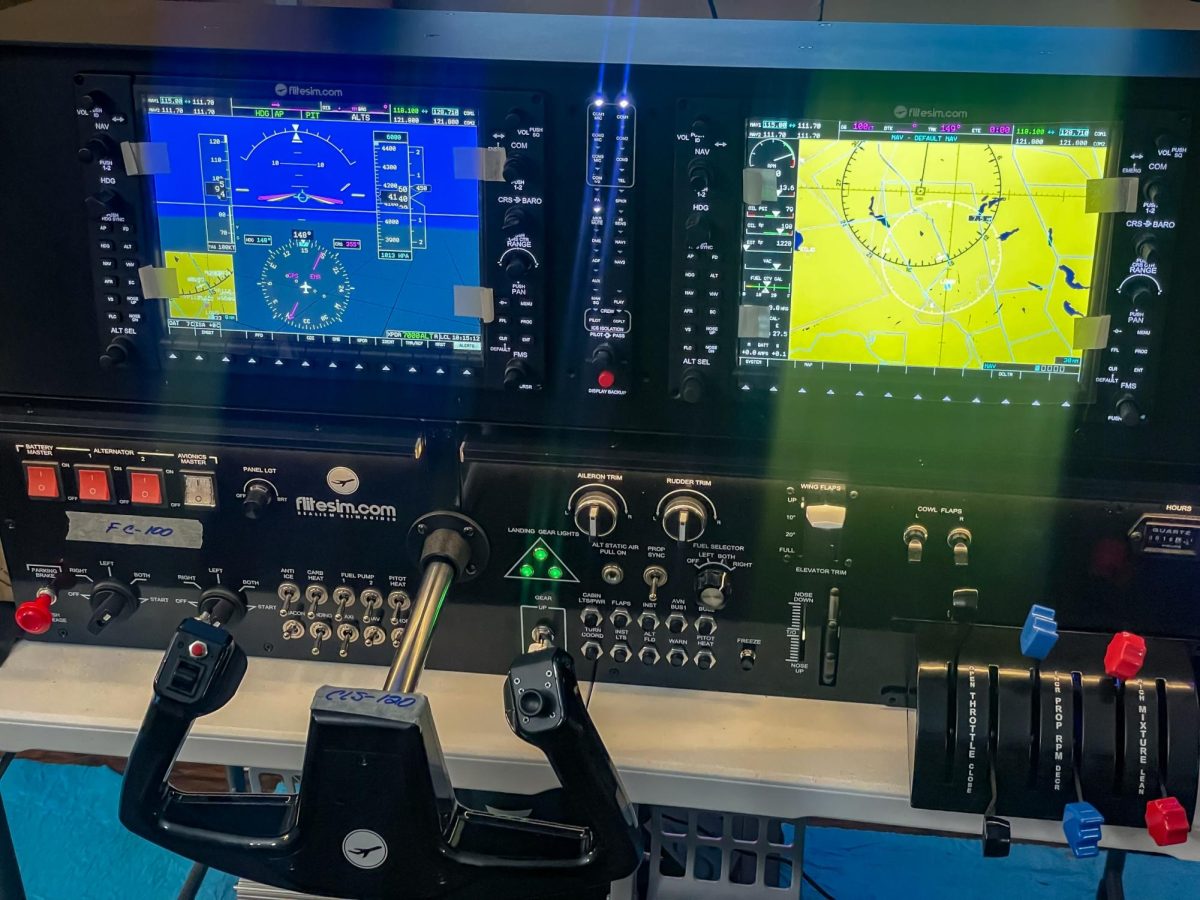Over two and a half years after the World Health Organization declared COVID-19 a pandemic, many leaders are now declaring that the brunt of the pandemic is over.
United States President Joe Biden first said this in September, during an interview on “60 Minutes,” and Colorado Mesa University (CMU) President John Marshall has recently expressed a similar sentiment.
“You can informally feel [pre-pandemic levels of student engagement] as you walk around campus. It feels like college is back and there’s joy, there are events and people are active and doing things,” Marshall said. “The data bears that too in terms of attendance in class and the number of students that aren’t doing well in class.”
Though the coronavirus is still present in the United States, there has been an overall decrease in infections. Moreover, many local and national organizations work daily to mitigate COVID-19 and prepare for another outbreak, whether that be coronavirus or any other infectious disease. CMU is fortunate enough to have its very own preparation and response team: the Infectious and Communicable Disease Committee (ICDC).
The ICDC consists of six academically qualified CMU faculty and is an adaptation of the institution’s coronavirus response team, which pioneered education during the pandemic from 2020 until 2022. The committee continues to keep a close watch on COVID-19, but now considers a variety of other diseases as well.
“I have monthly meetings with Mesa County Public Health, where we are discussing a range of topics–COVID-19, monkeypox, any other diseases of interest. [We also discuss] if there was to be a case, what sort of response that would look like, and who would need to be involved in that,” former Northwest Regional Epidemiologist and current Committee Chair of the ICDC Andy Tyler said.
Alongside Biden and Marshall, the ICDC agrees that coronavirus is becoming less of a concern for the community. This is reflected in certain COVID-19 policy changes, which began this academic year. Because of the government’s transition away from pandemic relief, federal and state funding for universities has been reduced.
Consequently, CMU is unable to provide the same testing services on-campus as they did for the previous two years. The popularity of at-home tests has made this transition easy, but not for the ICDC.
“We are asking that anybody who does receive a positive test report it to CMU health–there is a form on our website where you can report it,” Tyler said. “That really allows us to have better situational awareness, and to be able to track if there is a cluster of cases or potential outbreaks so that we can more definitively respond to that.”
Furthermore, there is a notable change to COVID-19 isolation procedures made by the ICDC for this academic year. Rather than moving infected students into an isolation dorm, Mavericks are instead provided with a HEPA air purifier and wellness kit. The purifier and kit are distributed so Mavs can isolate in their usual dorm, even with a roommate.
Aside from COVID-19, monkeypox has kept a relatively low profile in the United States–Western Colorado especially; yet, the ICDC continues to research the illness and prepare for such scenarios in order to keep CMU as safe as possible. One of the ways the ICDC does this is by simulating an outbreak through community tabletop exercises.
“[Tabletop exercises are] great because you have partners in the room like Mesa County Public Health, St. Mary’s Hospital and different representatives. Our senior leadership at CMU attended as well,” Tyler said. “It is important to practice these things [because] the lessons we learned from [the exercises] can apply to many other responses. Monkeypox [is another virus] where we are talking with our community partners. We learn who the right points of contact are, and we understand better what our roles would be in any sort of response.”
While many people are anxious to accept a return to normalcy, local leaders such as Marshall and Tyler will continue working hard this year to ensure this pre-pandemic return is not fleeting.
“In many ways, this year has been an opportunity to return to a sense of normalcy for students,” Marshall said. “You have this short window in your life […] where you get to be a college student and have that experience. For me, it’s been really important that we get back to a sense where students get to enjoy the full breadth of that education. Not portions of it, not the distance version of it, but the real thing.”




